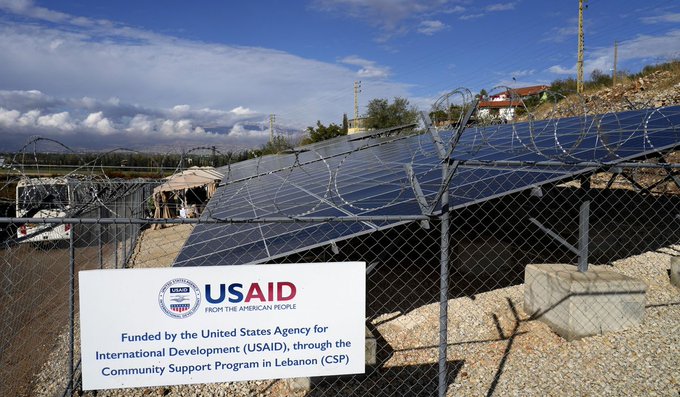WASHINGTON, DC – The Trump administration has placed thousands of employees at the U.S. Agency for International Development (USAID) on administrative leave as part of a sweeping effort to shrink the federal government, a move that has sparked backlash in Washington and beyond.
USAID, which funds health and humanitarian programs in more than 120 countries, announced Tuesday that staff in the U.S. and abroad will be placed on leave starting just before midnight on February 7.
The agency stated that the order applies to “all USAID direct hire personnel… with the exception of designated personnel responsible for mission-critical functions, core leadership, and specially designated programs.”
“Thank you for your service,” the agency’s brief statement read.
USAID direct-hire staffers put on leave worldwidetrib.al/slYlQHQ
The unprecedented move comes amid an aggressive effort by Trump and his allies—most notably billionaire Elon Musk—to scale back or dismantle key federal institutions.
USAID, a pillar of U.S. soft power abroad, has long been a target of conservative and libertarian factions that argue against foreign aid spending.
The decision to sideline its workforce has drawn fierce criticism from Democrats and human rights advocates.
Musk, whose companies hold lucrative contracts with the U.S. government, has been one of USAID’s most vocal critics.
In a series of unsubstantiated claims, he has accused the agency of being “a viper’s nest of radical-left Marxists” engaged in “rogue CIA work” and even “funding bioweapon research, including Covid-19.”
He said he personally discussed the shutdown with Trump before the decision was made.
The billionaire’s campaign against USAID aligns with a broader push by hard-right conservatives to slash foreign aid, arguing that taxpayer dollars should not be spent overseas while domestic issues remain unresolved.
USAID, which describes its mission as promoting democracy and reducing poverty, operates on an annual budget of over $40 billion—just a fraction of the nearly $7 trillion federal budget.
Critics warn that sidelining USAID’s workforce could cripple crucial humanitarian efforts, from disaster relief to global health initiatives.
The agency plays a key role in U.S. foreign policy, often in direct competition with China for influence in developing regions.
The White House has not responded to concerns over the impact of USAID’s workforce reduction, and it remains unclear whether this is a prelude to a complete overhaul—or potential dismantling—of the agency.
Meanwhile, protests from advocacy groups and political opponents are already mounting, setting the stage for another fierce battle over the future of U.S. global engagement.




